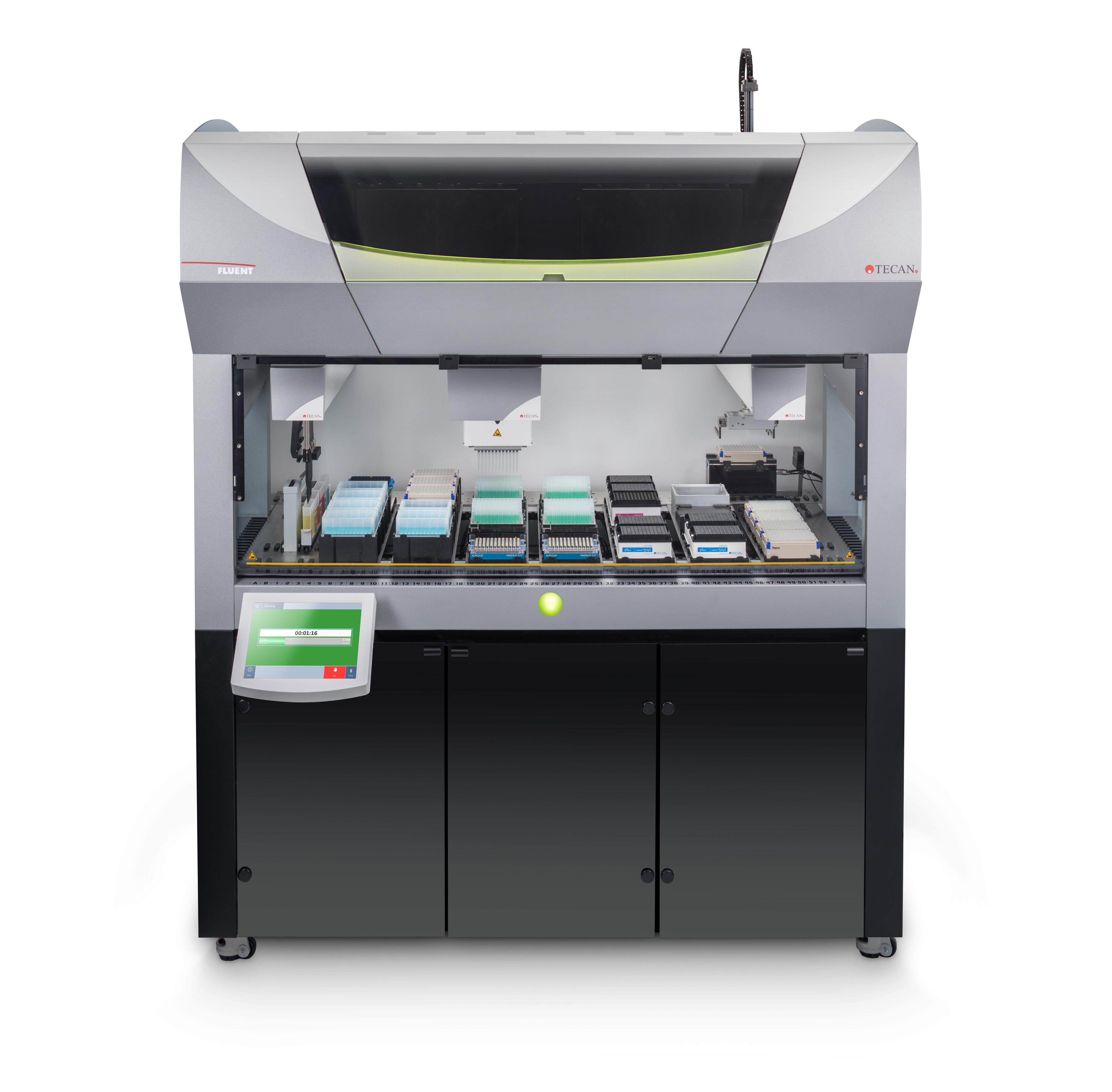Tecan offers increased sensitivity for qPCR of low-input and degraded samples
19 Nov 2020
Tecan has launched the Crescendo cDNA™ Synthesis for qPCR system to provide increased sensitivity for low-input applications. Developed specifically to meet the needs of researchers working with scarce, precious or degraded RNA samples – such as nasal swabs – the system uses Tecan’s proprietary Single Primer Isothermal Amplification (SPIA®) technology to generate large quantities of cDNA from as little as 500 pg of total RNA.
Tecan’s robust, easy-to-use SPIA technology has a proven track record for use in qPCR applications, offering unbiased cDNA amplification across a broad input range. The newly created Crescendo kit optimizes this technique for limited, degraded or FFPE samples, allowing analysis of previously inaccessible samples and providing sufficient material for both qPCR and archiving. It offers a practical alternative to first strand synthesis for whole transcriptome approaches, dramatically increasing the number of copies of the target gene to enable accurate detection by qPCR. The kit is ideally suited to use with nasal swab and biopsy formats, allowing 500 pg to 50 ng of total RNA to be reliably amplified to generate micrograms of cDNA for downstream applications.
Rasmus Lind, General Manager at Tecan Genomics, commented: “The Crescendo cDNA Synthesis for qPCR system offers a flexible solution for labs performing whole transcriptome qPCR approaches. It provides significant amplification of samples across a broad input range, and represents a simple solution for sensitive qPCR and archiving, without consuming large amounts of precious samples.”
Want the latest science news straight to your inbox? Become a SelectScience member for free today>>

